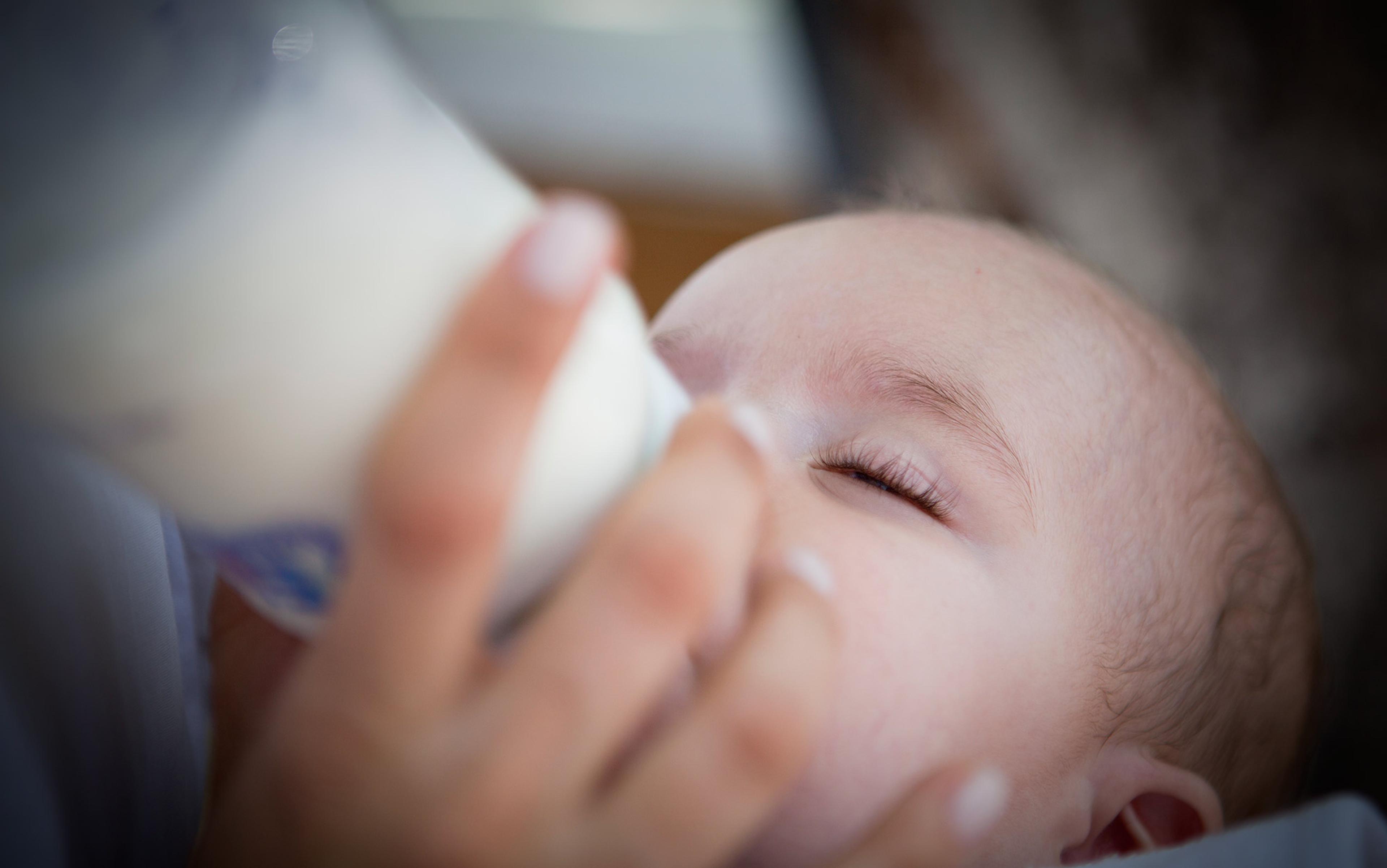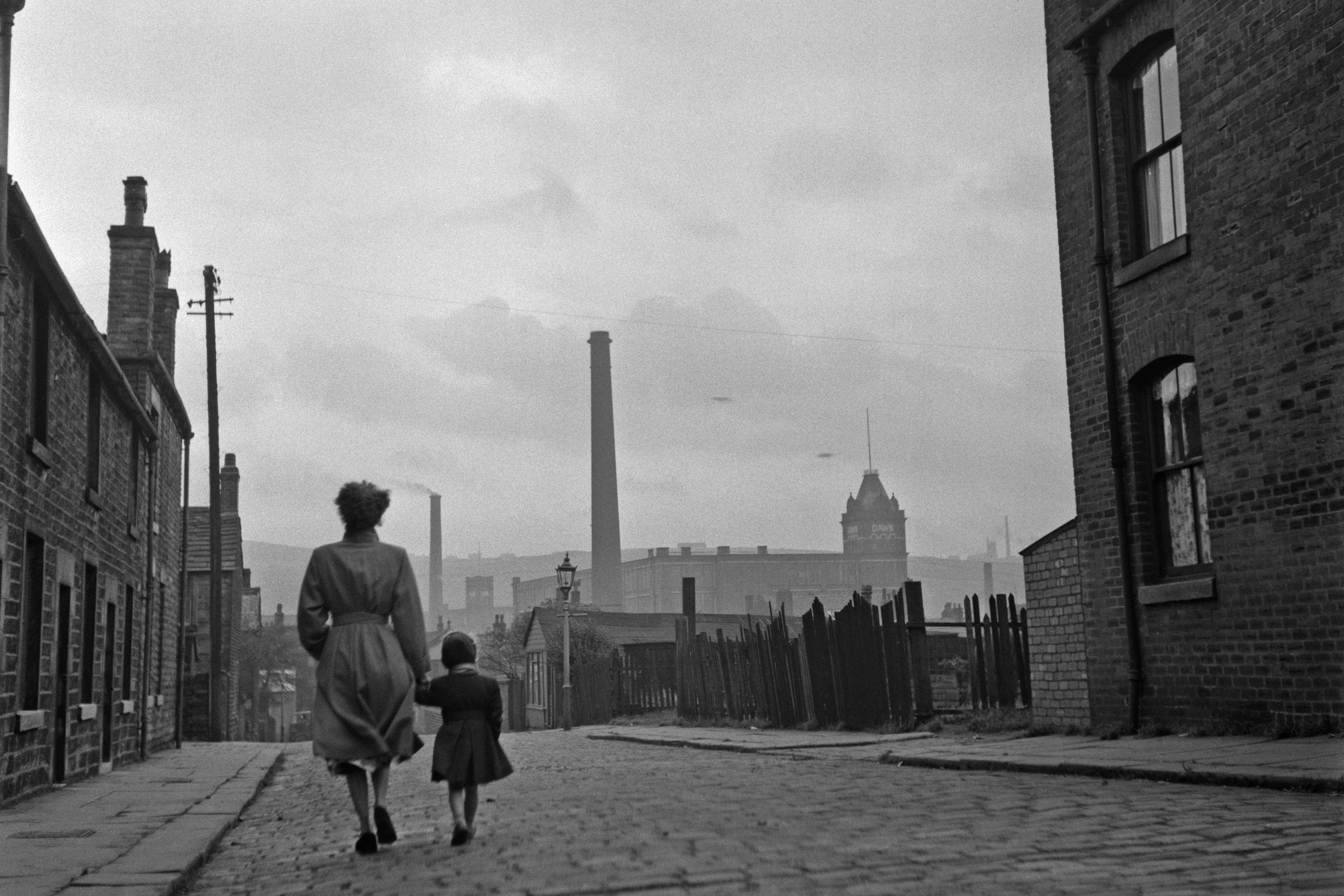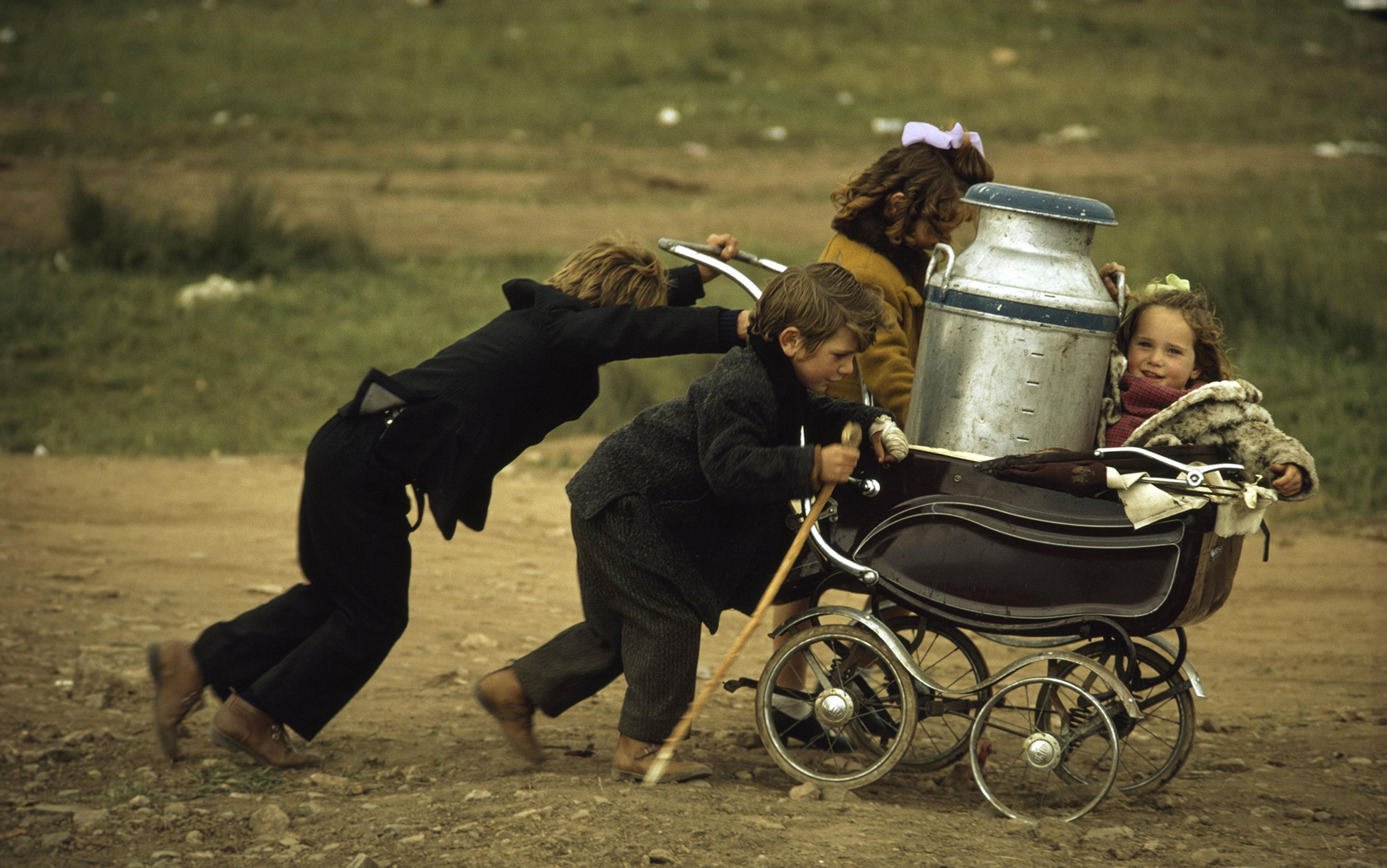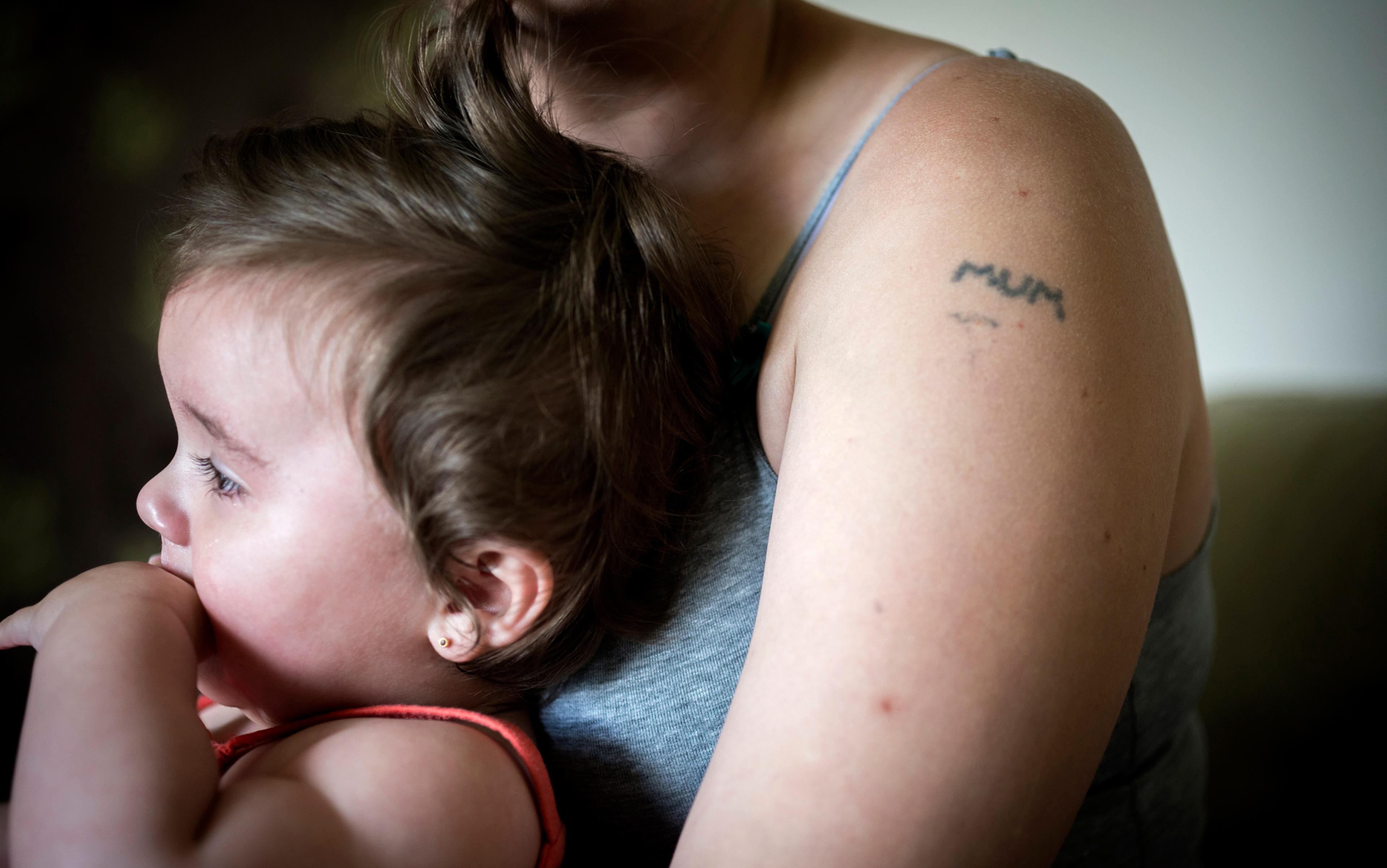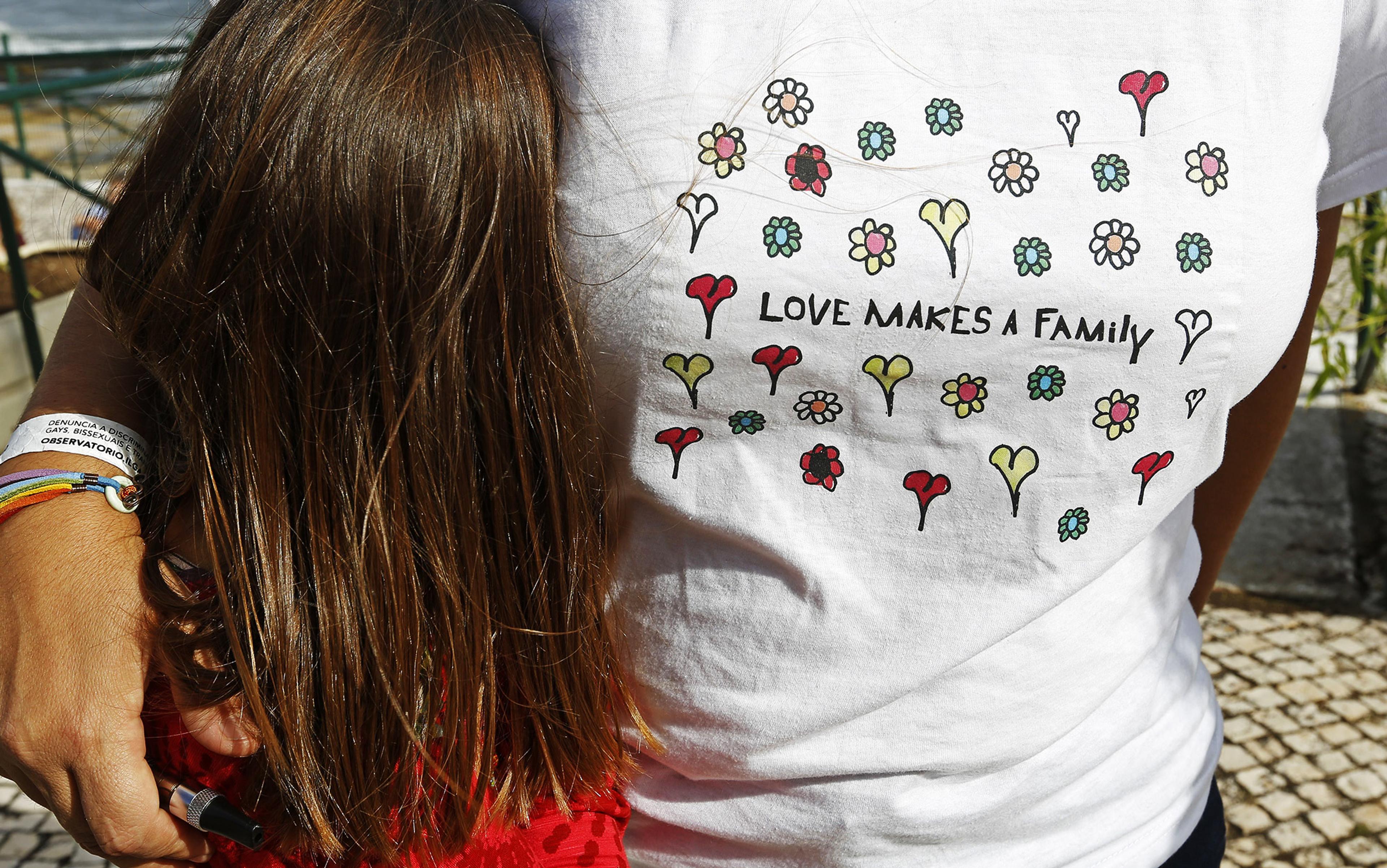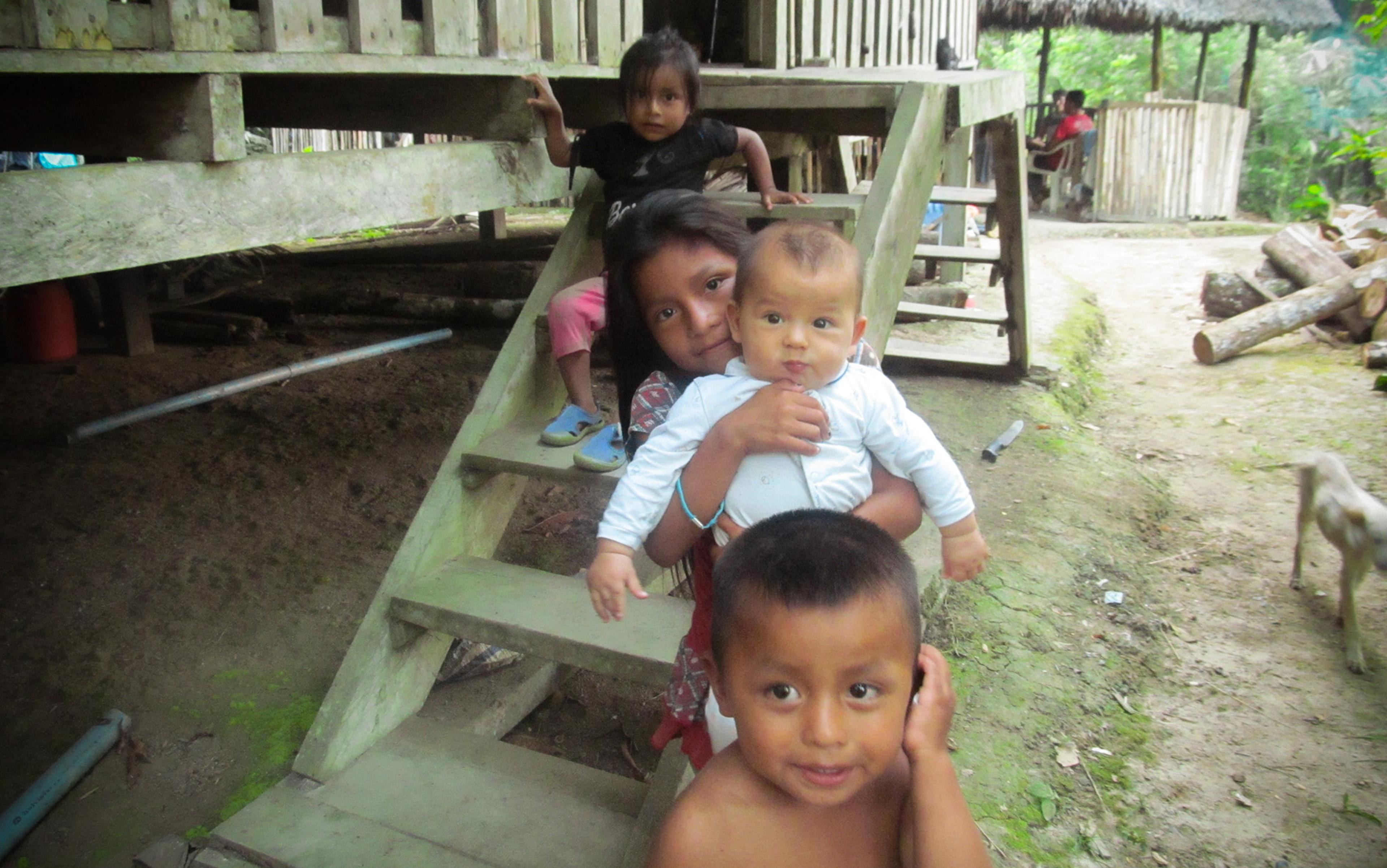I tend to avoid pictures of my daughter as a newborn. At the time, I was trying to breastfeed, but she wasn’t gaining weight. I remember flicking her with cold water to keep her awake to try to nurse, the twice-daily check-ins with the lactation consultant, the worry inscribed in the paediatrician’s face, the agony over a dry diaper, the guilt about resorting to half an ounce of formula in a syringe. Was it wrong to give her so much? Was it wrong not to give her more?
When the diagnosis finally came, after a two-hour drive to the specialist, it was an immense relief: ‘tongue-tie’, where the strip of tissue connecting the tongue to the floor of the mouth is too short, making it hard to nurse effectively. An unanaesthetised snip and some rending screams later, the problem was solved. As a healthy 2.5-year-old, my daughter still nurses and loves it. I’ve also finally realised that the intense moral pressure in countries such as the United States and the United Kingdom to breastfeed is completely nuts.
Mums, feel free to skip this section – chances are you get exactly what I’m talking about. But for those who don’t, the first thing to know is that there is a dominant and powerful narrative about breastfeeding: that mothers have a moral responsibility to try to breastfeed because it’s better for their babies.
The American Academy of Pediatrics asserts in a 2012 policy statement, for example: ‘Breastfeeding and human milk are the normative standards for infant feeding and nutrition.’ They go on to emphasise that the medical and neurodevelopmental advantages of breastfeeding for babies should be considered ‘a public health issue and not only a lifestyle choice’. Or take the World Health Organization’s introduction to ‘10 facts on breastfeeding’, where the first ‘fact’ is that ‘Breastfeeding for the first six months is crucial,’ prefaced with the claim that breastfeeding ‘is one of the most effective ways to ensure child health and survival. If breastfeeding were scaled up to near universal levels, about 820,000 child lives would be saved every year.’ The clear suggestion is that breastfeeding could literally save your child’s life.
These messages make their way quickly to mums via obstetricians, midwives and advice websites. The message is simple and powerful: breast is best. Breast is what you ought to be doing. Just breastfeed, goddammit. Don’t get me wrong – these organisations also fight for much-needed support and visibility for women who already want to breastfeed. But then come the judgy conversations with nurses, or the polemical posters in doctors’ offices. Some breastfeeding advocates seem happy to rely on outright shame and stigma in these campaigns. ‘If a pregnant woman went to her physician and admitted she smoked a pack of cigarettes, is there not a strong chance that she would leave the office feeling guilty for endangering her developing baby?’ as one popular blog puts it.
Given all this, it’s unsurprising that many mothers who don’t breastfeed do in fact feel deeply ashamed. A 2009 review of 23 studies involving more than 13,000 participants attempted to understand parents’ experiences of bottle-feeding; it summarised: ‘Mothers who bottle-fed their babies experienced negative emotions such as guilt, anger, worry, uncertainty and a sense of failure.’
I’m certainly not the only person who objects to this moral pressure. There might even be a mounting backlash against it. Interestingly, in 2016 the US Preventive Services Task Force revised its recommendations to physicians to ask that they ‘support’, rather than ‘promote and support’ breastfeeding. I hope that things are changing, and changing for the right reasons. But this policy shift doesn’t seem to have trickled down yet to many mothers – at least, not judging by baby message boards. Currently, both the signals that mothers receive, and their reports of their experiences, suggest that the dominant narrative is still going strong.
Our culture is saturated with the message that mothers have a moral responsibility to breastfeed because it’s significantly better for babies. But there are at least three reasons for thinking that mothers have no such responsibility.
The first is an empirical objection: data on benefits of breastfeeding for babies simply aren’t adequate to support the dominant narrative. Many of the studies that seem to support the significant benefits of breastfeeding suffer from poor experimental design, especially by failing to account for how breastfeeding varies across social groups. So it might not be the breastfeeding itself that confers the benefit, but underlying demographic factors. Data from the US Centers for Disease Control and Prevention, for example, suggest that mothers from high-income families – whose children often have other advantages, too – are more likely to breastfeed. Meanwhile, those studies that try to overcome such confounding factors don’t actually support the massive benefits one might expect – at least, not for babies whose mothers have access to clean water with which to mix formula. In fact, they show no or minimal benefits from breastfeeding.
This objection is important, but it’s not a crushing blow to the dominant narrative. For one thing, doubts about the data don’t give us any reason to doubt the moral reasoning that says: ‘If breastfeeding really is significantly better for babies, then mothers have a moral responsibility to try to breastfeed.’ The jury is still out, but future studies might show more convincingly that breastfeeding benefits babies. So, in addition to scrutinising the data on benefits, we should also consider whether the moral reasoning is valid.
On this front, a second objection comes from the philosophy of Immanuel Kant. In short, mothers don’t have a responsibility to maximise the wellbeing of their children. Writing in the 18th century, Kant argued that some of our duties don’t allow for a lot of diversity in what counts as fulfilling them; according to him, the duty not to commit suicide is like this. But other duties, such as the duty to benefit others, allow for flexibility and freedom. Arguably I have a moral duty to give to effective charities. But do I have a responsibility to give to each and every effective charity, at every opportunity, until I run out of money? Kant would say that it’s up to me where exactly I give money (as long as I’m choosing reasonably effective organisations), and how much I give (as long as it’s not too paltry, in comparison with my means).
If the only way to afford violin lessons is not to buy clothes, that’s morally admirable but not morally required
Perhaps the demand to do things that benefit our children is like the responsibility to give to effective charities. It’s a real duty – we really should do things that help our children. But it also allows for freedom in how we fulfil it. Think of all the things that we have reason to believe would benefit our children in various ways: plenty of fibre, limited screen time, violin lessons, a consistent sleep schedule, and more. Do parents have a responsibility to secure all such things for their children?
Clearly not! For one thing, some ways of helping our children are incompatible. A relaxed environment that fosters creativity and plenty of sleep might mean skipping violin lessons and mathematics club. For another thing, we tend to think there’s a limit to what parents should be expected to do for their children. Suppose that the only way for a mum to afford violin lessons for her kids is never to buy new clothes. While that might be morally admirable, it can’t be morally required.
Okay, but what does this have to do with breastfeeding? Well, setting aside the empirical objection for a minute, breastfeeding seems to be just one more way of giving your children an advantage in life. It’s like violin lessons. The dominant narrative says that because breastfeeding benefits your children, you have a responsibility to do it (provided you can). But – just as we don’t have a responsibility to give to each and every effective charity at every opportunity – we don’t have a responsibility to do each and every thing we could to benefit our kids.
Something worries me about this objection, though. Sure, it seems to say, it might well be ethically worthy to breastfeed your children. It’s just not a responsibility. But the lingering assumption that breastfeeding is in general morally admirable seems to me both false and dangerous.
A third reply to breastfeeding’s champions is what I’d call a pluralist objection: benefits to babies aren’t the only things that matter morally. In the field of ethics, pluralists think that there’s no simple recipe for identifying the right thing to do. We can’t just look at how an action would affect people’s overall wellbeing, or whether it respects fairness. Rather, knowing what’s right in a particular situation often requires the subtle weighing and balancing of multiple morally important considerations.
When you take a moment to reflect, it’s clear that benefits to babies are seldom the only morally relevant factors in decisions about infant feeding. The mental wellbeing of the mother, the other demands on her time, the impact of breastfeeding on an egalitarian division of labour with her partner – weighing up all these sorts of factors, and more, makes it hard to tell whether breastfeeding is morally better in any particular situation.
For starters, here are two obvious moral reasons not to breastfeed. These will apply only to some mothers, and to different degrees in different cases. But they’re common enough to call into question the general assumption of the moral superiority of breastfeeding.
First, reasons of fairness or justice often count against breastfeeding. It’s morally desirable for mothers to have the real option of sharing or delegating parenting duties. In part, that’s because it gives them freedom to engage in other kinds of activities. But it’s also desirable to make space for others who wish to be primary caregivers or equal co-parents. Breastfeeding limits the extent to which mothers can delegate and share.
Why? Feeding an infant is hugely demanding. Breastfeeding places that work squarely on the mother’s shoulders, and also influences the development of broader patterns of care. The recommended frequency for nursing a newborn is at least 12 times per day or every two hours – more frequently and ‘on demand’ should the baby express interest. It can take newborns 20-45 minutes to nurse. So, for many nursing mothers, the newborn phase involves 30 minutes of nursing, followed by 1.5 hours of being watchful for additional needs, in an ongoing cycle. Sources vary, but frequent, round-the-clock nursing is generally recommended for several weeks, depending on the preferences of one’s baby. Mothers are often warned not to introduce a bottle (of pumped breastmilk, that is) until three or four weeks of age. Even after a baby has learned to take a bottle or alternative feeding method, which some babies refuse, mothers are often exhorted to provide only nursing or pumped breastmilk until at least six months of age.
‘He wouldn’t take a bottle. He wanted to feed every hour or so sometimes. I wanted to help but couldn’t’
For a nursing mother to keep up with this schedule, she must be physically present with her baby almost continuously for weeks at a time. As weeks turn into months, she must still either be present or else frequently pumping milk. (Pumping sufficient milk for a nursing session can take 15 minutes to one hour.) The mother is additionally encouraged to observe various other restrictions for the duration of her breastfeeding, including limiting the consumption of alcoholic beverages and avoiding many medications.
Of course, there are things a baby needs besides feeding. Still, in the newborn phase, nursing is pretty clearly the lion’s share of the work – especially since many babies associate nursing with comfort and sleep. Moreover, breastfeeding can cement a broader pattern in which mothers take on the burden of other parental responsibilities by default. Many infants love nursing, they find it intensely comforting, and so they prefer the mother’s presence. This can be discouraging to other caregivers. In a 2014 study, Amy Brown and Ruth Davies at Swansea University in Wales interviewed 117 men whose partners had given birth and breastfed in the preceding two years. Exclusion was a central theme, not just from feeding but also from being more broadly helpful to the baby. ‘I was jealous at some points. He seemed to enjoy feeding. He either slept or cried the rest of the time but feeding was the happy bit. I couldn’t do that.’ Or: ‘My partner was fed up and wanted to go out for a bit without the baby but it was impossible. He wouldn’t take a bottle. He wanted to feed every hour or so sometimes. I wanted to help but couldn’t.’
Meanwhile, mums who are used to meeting with lactation consultants and plumbing the depths of babycenter.com and What to Expect When You’re Expecting for tips on how to overcome a bad latch or sore nipples swiftly become baby-research experts. They end up knowing about teething and nap schedules and safe sleeping environments because all of these things are related to nursing. It makes sense that the person who knows more and is best at comforting the baby becomes the primary caregiver.
A second set of moral reasons not to breastfeed can be described as ‘moral opportunity costs’. Again, think about what’s required of a breastfeeding mother. Especially in the first months of a baby’s life, fulfilling these duties isn’t readily compatible with many things that non-breastfeeding mothers can do.
Popular discourse about breastfeeding admits that mothers might be forced to give up some activities in order to breastfeed. They won’t have as much time or energy for nights out with friends – though some might see such reasons not to breastfeed as ‘selfish’. But consider a mum with other kids, who would then have less energy and time for them if she breastfeeds her new baby. Or a social worker who finds she can’t make long car trips to spend time with her clients. Sure, there are women who breastfeed and also simultaneously perform many other morally valuable activities. But let’s be realistic about our finite time and resources. Breastfeeding is really demanding, and it can come at the cost of other, genuinely important projects. Speaking for myself, I can say it’s damn hard to get much done while pumping or nursing.
Breastfeeding isn’t a responsibility, and it isn’t always going ‘above and beyond’ either. Sometimes, going above and beyond – to pursue a more fulfilling and just distribution of care responsibilities, or to engage in other morally valuable projects – means breastfeeding should take a back seat.
The dominant moralising narrative about breastfeeding is false; it also hurts people. Sure, breastfeeding might be good for your baby, and it might be the ‘best’ option for a particular family. But it’s important to keep in mind that, first, breastfeeding might actually not be (significantly) beneficial – honestly, the data don’t seem strong at the moment. Second, breastfeeding certainly isn’t a responsibility – what’s good or best isn’t the same as what we’re obligated to do. And finally, at least some mothers have properly moral reasons to use formula.
When my daughter was a newborn, I simply accepted what was in the air: breastfeeding was of paramount importance and the right thing to do. Now I think I was wrong. Given my situation, it was probably morally better to use formula. My daughter’s tongue tie was repaired before things got dire, but there are real risks when children can’t nurse, and if I’d understood those risks it’s likely I would have switched to formula. There was also a time when we wanted to change our childcare arrangements, such that my partner could take over primary responsibility. But – among other issues – it became clear that it wasn’t going to make anyone’s life easier. Our daughter’s demands to nurse upon seeing me increased dramatically. I also sensed that my intense stress about going back to work, which hurt me and those around me, was exacerbated by the constant demands of breastfeeding.
To those of us who have any influence on the public discourse around breastfeeding – which, to varying degrees, is all of us – please, let’s erase simple endorsements of breastfeeding. No more preachy stats on portable lactation rooms, no more ‘breast is best’, no more friends and colleagues checking in with every pregnant person to make sure she’s planning to breastfeed.
To fellow and prospective mothers, I want to say what I wish someone had said to me: yes, breastfeeding might benefit your baby. And you might love it. It’s a rather amazing super-power. But do think hard about what breastfeeding will mean for your life and family, and involve your fellow caregivers and co-parents in helping you think things through. It’s a complex moral choice, to be sure, and not a clear-cut decision that anybody should try to make for all mothers. How do we want the child to be cared for? Is a nontraditional bonding pattern desirable? What other projects and people might be affected? It could end up being better for everyone in your life – including the baby – for you to reach for a tin of formula.
